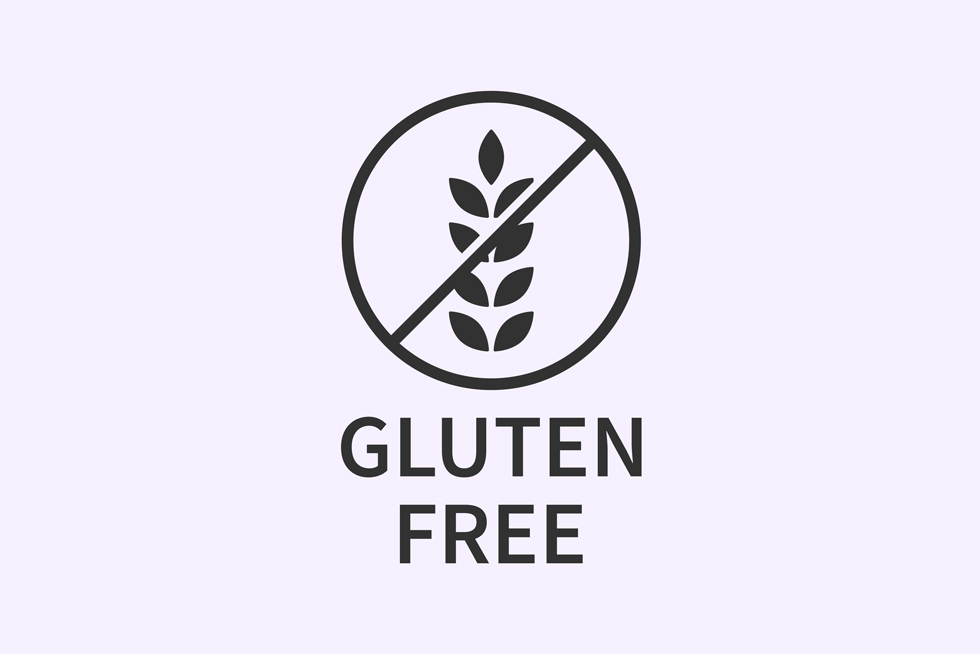Gluten Free Diet – When it All Goes Pear Shaped


You’re being really good. Doing all the right things. Yet your symptoms- the gas, bloating, general discomfort, joint pains, brain fog, headaches or feeling low; are still present. They did improve for a little while. But now they are creeping back.
You’ve been diligently looking at the labels of everything that you eat. You even started to buy organic wines now (which actually helps with the hangovers!). You can feel the desperation creeping back in. You’re terrified of being in that place again! Especially now that you’ve regained some control back and a sense of normality…
Here are some potential reasons when this happens:
You are consuming gluten without knowing it. Its hard. Really hard. Even ketchup has gluten in it. Most commercial sauces have it and they mostly don’t have to list it as an ingredient.
There’s cross contamination. One reason I tell my patients to avoid gluten free oats. There’s almost always some degree of cross contamination. Even in restaurants where they are able to serve gluten free foods, cross contamination can and does happen.
An interesting possibility and the reason I wanted to write this blog…. Over-consumption of newly introduced foods or grains. The things that in the past, you may either never have eaten, or only ate sporadically.
Look back on your diet and have a think about what it used to look like and what it looks like now. I’ve been on this track and back. Feeling rather smug with the beautiful array of new grains and colours in my food. But secretly actually not too thrilled about the taste of some of them. At least the plate looked right and I felt great for following through on eating better
The problem is when most people go gluten free, they frequently immediately look for substitutions in search of the same-looking plate of food. They still want to eat a cookie. But its now a gluten free cookie (with lots of other additives). Or bread (with gums to add elasticity that can be allergenic). Some common examples are these:
Buckwheat
Sorghum
Amaranth
Sesame
Quinoa
Hemp
Tapioca
Teff
Potato
Rice
Millet
Corn
Then there’s the somewhat poor understanding of what gluten actually is, with quite a few people avoiding bread but happily consuming rye, barley, spelt and oats.
Cyrex labs does a test that tests for these components. I normally ask for my patients to include this particular array (Array 4) when they are doing intolerance testing. I’ve found this test to be incredibly useful and is frequently an eye opener for my patients too.
So the next question…. What can we do about it? Doesn’t it leave us with NOTHING to eat?
It does if you think of food in terms of grain+veg+meat. However, if you think of how a paleo-like meal looks like, it comprises of veg+meat. Plus lots of good fats. Grains take a long time to harvest/soak/cook. Our ancestors were not capable of doing this. They were hunter gatherers. They didn’t have that kind of luxury. Our gut is not designed (yet) to consume the amount of grain that we do today. Is it any wonder that as a grain consuming nation, we are becoming sicker and sicker?
What I personally do is this:
I’m a rice eater. I don’t really want to go completely paleo. But I have reduced the quantity of rice drastically over the years. And I don’t need it for every meal. So my plate today looks different from years ago where it was rice heavy. These days, you struggle to find the rice which is hidden underneath the veg or meat and a good amount of fat.
I practice a not-so-strict intermittent fasting. This is now a lifestyle and I don’t ever want to go back to eating so often. I feel very good, don’t get energy crashes and only crave sugar when I’m particularly stressed. I usually eat in an eight hour window (12pm to 8pm). It works for me as I simply push my breakfast later and later. I do have a cup of tea with a little milk. As milk is considered food, this is not strictly fasting. But I can stick to this and it works for me.
I don’t snack normally. I simply don’t want to in the same way I used to. I like giving my gut a break from having to work so hard.
I disagree with small frequent meals mostly (there are times this is necessary esp in adrenal fatigue). I also disagree with breakfast being the most important meal of the day (again, this rule is lifted in adrenal fatigue). I can’t really imagine our hunter-gatherer ancestors getting up to a nice breakfast every morning. It probably started about with the agricultural revolution where the farmer had to eat for energy before going out to the fields. These days, we generally go to a sedentary job.
I tend not to eat things where I need to read the label. So its mostly veg and meat. Close to no boxed foods.
I break these rules often enough so I still am able to live a relatively socially normal life. But I always miss my own way and always, always go back to it. Simply because it makes me feel better